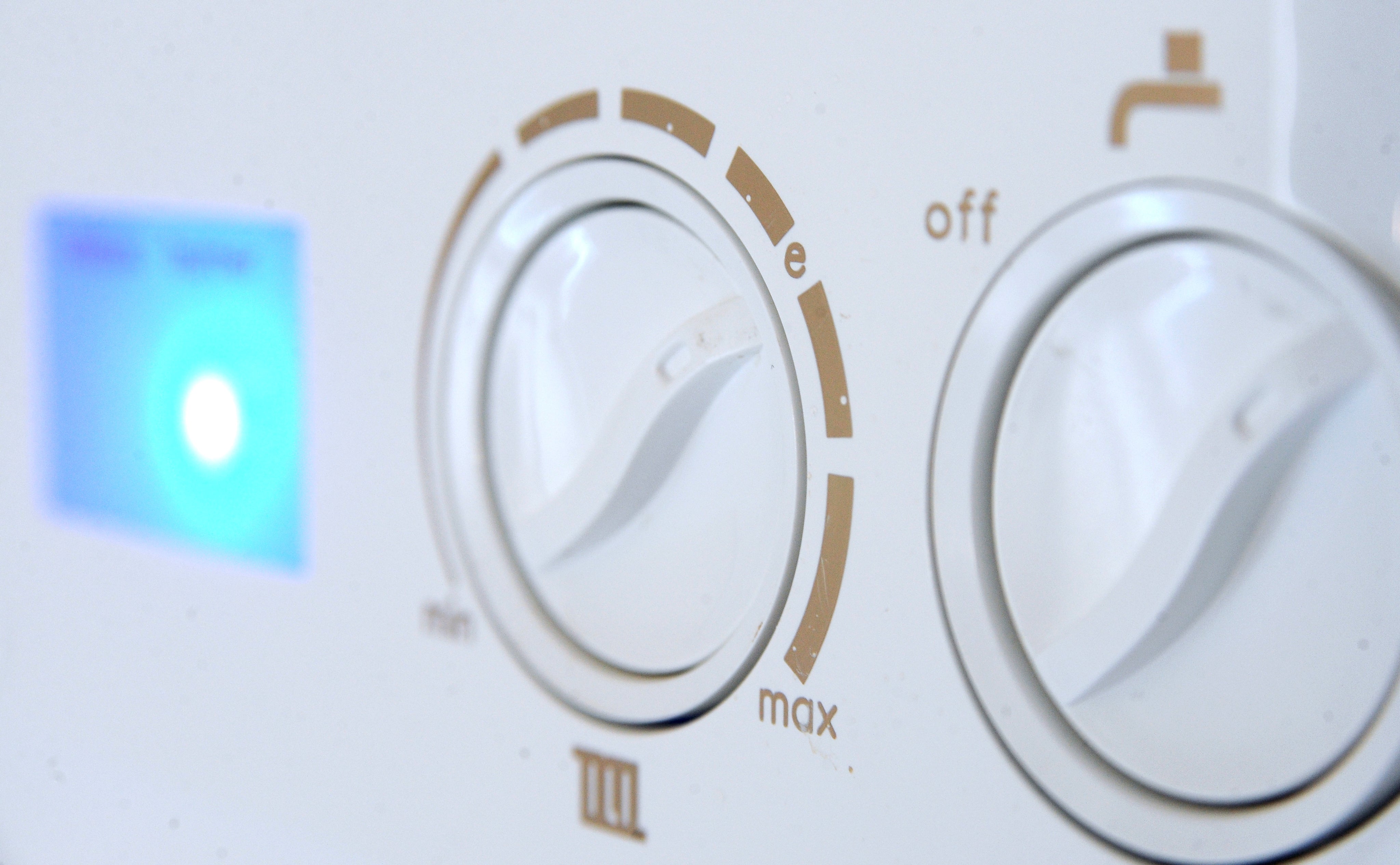Energy suppliers are desperate to persuade their own customers to buy less electricity and gas
Sky-high gas prices mean that the best way for suppliers to help the bottom line is to sell less energy and then reduce customers’ bills, writes Ben Chapman


Large companies are not known for trying to persuade customers to buy less – but that’s what is happening in Britain thanks to soaring energy prices that are threatening a cost-of-living crisis for millions of households.
Energy suppliers that have survived a brutal few months of unprecedented wholesale price are being forced to sell gas and electricity at a loss thanks to the government’s price cap. Selling less energy therefore benefits the bottom line.
Unusually, it is currently in everyone’s interests to cut energy usage as much as possible: the supplier, the customer, the government and, of course, the planet.
Because suppliers buy a lot of their energy in advance they can now sell any surplus gas back to the market at today’s high prices, booking a profit or at least limiting recent losses.
This year’s rocketing prices have given a renewed incentive to inform and educate people about the best ways to reduce waste, many of which deliver much larger savings than might be predicted.
12%
Amount customers reduced their gas bills, after following energy-saving tips
How many of us knew, for example, that drawing the curtains at sundown can reduce heat loss by a staggering 17 per cent? Or that by turning down what’s known as the flow temperature of your boiler you can save as much as 8 per cent on your gas bill while keeping your home just as warm?
It’s easy for suppliers to get the tone wrong with this kind of advice, as Ovo Energy proved this week, with a misjudged article advising customers to do star-jumps or cuddle their pets to keep warm. But when done right the results can make a big impact.
Octopus Energy says it has seen a “remarkable” response to its “winter workout” campaign to reduce customers’ usage which offers a series of 19 tips. None of the measures require people to reduce their standard of living, and customers receive detailed feedback on how much they are saving in terms of cash and CO2.
Around two-thirds of customers who have taken part are saving money compared to their previous estimated usage with an average reduction of 12 per cent in their gas bills, according to the company’s figures.
Putting this in perspective, cutting VAT on energy from 5 per cent to zero would reduce household bills by less than half as much, cost the Treasury £2.4bn and do nothing to cut carbon emissions.
Pete Miller, the global director for creative at Octopus, says a VAT cut would be insignificant in the face of a 50 per cent rise in energy prices that’s expected in April.
"We need practical measures that can really help people through what is hopefully a temporary crisis," he says. “Crisis is exactly the right word. It's not just energy efficiency advice by itself, it’s tools to let you see the impact of that advice on your bills.”
£248
Average household can cut from annual bills, according to Energy Saving Trust
Miller is clear that Octopus’ campaign is driven by a commercial imperative as well as an environmental and social one.
“It helps customers, it's a win for the planet and it helps Octopus’ as well. I'll make no qualms about that. We currently sell at a loss for every customer who is on the price cap price. Given those circumstances, you'd be a fool not to make the biggest possible impact you can.”
The Energy Saving Trust says the average household can save £248 a year on their annual energy bill, and 674kg of CO2, by taking 12 simple steps.
Among the cheapest and most effective is draft proofing gaps around doors and windows which saves £30 a year and 105kg of CO2. Running a washing machine at 30C and only when it has a full load saves around £20. Keeping showers to four minutes can save an estimated £45.
These savings are based on current prices and so will become even more significant when the energy price cap rises further in April.
Even the simplest measures can be highly effective while being kind on the pocket, says Vicky Parker, energy sector strategy partner at PwC.
“Draught proofing the home, for example, may allow a household to run their heating at 1 degree lower with no loss in comfort. It has been known to reduce the annual heating bill by as much as 10 per cent.”
With households facing the acute concern of big rises to bills and longer-term fears about the climate crisis, this winter is a “material opportunity” for every home to benefit from reducing wasted energy, says Parker.
Energy efficiency is not enough on its own and many of those facing the most severe fuel poverty or at risk of it may already have cut back on wastage. Most of the major suppliers have funds set aside to help customers in dire need but chief executives of all of the big players have said that government must also step in.
In the longer term, millions of Britain’s homes need to be retrofitted with insulation. With energy prices expected to remain high for two years and perhaps longer, there has never been a better time to invest in energy efficiency and cutting waste.
Join our commenting forum
Join thought-provoking conversations, follow other Independent readers and see their replies
Comments
Bookmark popover
Removed from bookmarks